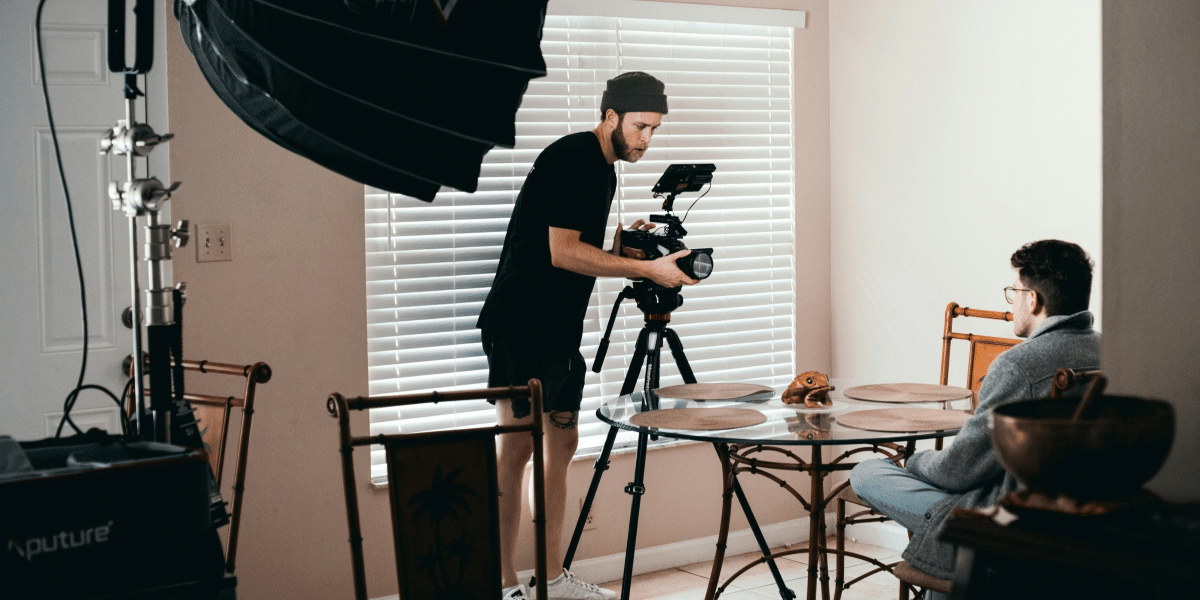Highlighting addiction and educating people on the disease can help people recover. September is right around the corner, which means it’s also Addiction Awareness Month. Oftentimes, addiction is a taboo topic, and the stigma surrounding it can be detrimental to people’s health. Addiction is a disease that can rewire people inside and out. It not only hurts them physically and mentally, but it also harms the people around them.
Most people think of addiction as a self-inflicted disease. They think of it as laziness and people throwing their lives away when that is not always the case. That’s why bringing awareness to the adverse effects of the disease is so important: it can help break that stigma that deters people from giving and receiving help. Education surrounding addiction needs to be welcomed and not ignored. There is no way for people to get help or enter recovery if they do not know the steps to get started. On the other hand, there is no way for friends and family to be a true support system if they are adding to the stigmatization of the disease. Having an open form of communication can help bring people together and overcome this destructive disease.
Addiction Awareness Month is now more important than ever, and numbers continue to grow across the country. Studies show that more than 37 million people in the United States have used illegal drugs since 2020, and more than 25% of these users create a dependency or addiction after using these substances. Numbers have taken an unfortunate toll because almost 1 million people have died since 2000 because of a drug overdose. These statistics are jarring because they show just how much the disease has spread and how awareness and education are vital to bringing these numbers down.
Jim Hight, author of “Moon Over Humboldt,” is also highlighting the importance of this month after recovery from marijuana addiction.
“I celebrate 24 years of sobriety from cannabis, alcohol, and other mind-altering substances. Like my characters, I needed the 12-step programs to recover—and like them, I had to search out my non-religious version of a higher power to make the spiritual prescription of the 12 steps work for me,” says Hight.
Having the understanding and knowledge about addiction has led Hight to nearly 25 years of sobriety. If people do not know how to get help and start the process of recovery, then they will be stuck in a cycle of addiction that will only get harder to break with time. Even though Hight does not represent or speak for any 12-step fellowship, his wide experience as a recovering addict, adult child of alcoholics, and mentor to young people with addicted parents is reflected vividly in his novel.
There are so many ways for people to get involved and truly embody the spirit of this month. Bringing awareness to addiction does not mean people have to start their own charity or nonprofit organization, but there are smaller ways to make a difference in their neighborhoods. Having open conversations and being a judge-free zone for people struggling is one of the best ways to show people suffering from addiction love and compassion. Being an avenue for them to open up gives them a little hope and acceptance; perhaps that’s the motivation they need to start recovery. People can also raise awareness about different treatment options. Posting on social media or handing out flyers is a great way to spread this information because people can choose if they want to take it discreetly. Making small donations to recovery programs is also a great way to be proactive about addiction recovery. People often do not have the money to get help, so your donation could change someone’s life.
September is a time to highlight all of the available resources for people to get help. It’s also the month to help fight against the stigmatization of the disease. This month is all about having open conversations about addiction, doing personal research, and going on a mission to help people. It might take an army to battle this disease, but it has to start somewhere.
Published By: Aize Perez












